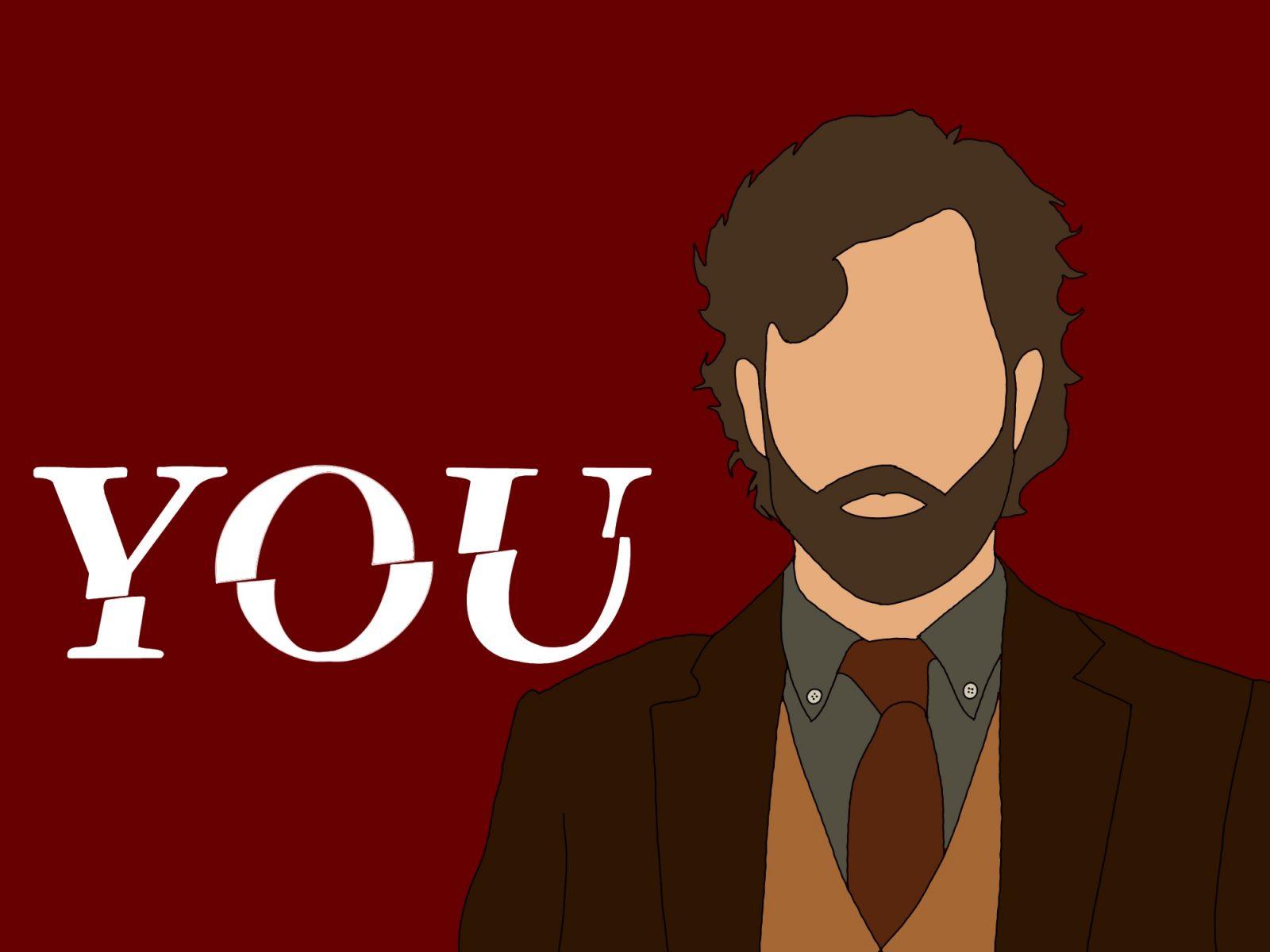I have a confession to make: I love true crime. From complex criminal mastermind docuseries to juicy unsolved cases podcasts, I’ve seen and heard it all — or so I thought. Last week I finished watching Netflix’s “Dahmer – Monster: The Jeffrey Dahmer Story” by Ryan Murphy. To say I was traumatized is an understatement.
The series recreates notorious serial killer Jeffrey Dahmer’s history, including his disturbingly gruesome crimes. And the crimes are explicit. But no matter what grim turn the scene took, I couldn’t stop watching.
The true crime trend has been on an exponential growth curve the last few years. According to a September YouGov poll, one in three Americans consume true crime at least once a week. It just takes a quick Netflix search on the top 10 shows right now to find evidence of that. Dahmer’s series occupies the second spot. “Unsolved Mysteries Volume 3” and “The Watcher,” both true crime TV shows, also sit atop the ranking.
Why are we so obsessed with this disturbing genre? And what kept me from turning off the TV?
Part of the answer leans on our innate need to simplify. Faced with the complicated psyche of a serial killer, we seek to simplify it through understanding. Was Jeffrey Dahmer mentally ill? Did he consume drugs? Maybe he had a difficult upbringing? Our brain craves that simple duality of good and evil despite that seldom being the case.
We not only seek to simplify but also to solve. We want to complete that grueling puzzle and untangle the complex clues to solve the crime. TV shows allow us to embody the private investigator role and take matters into our own hands (as if we are better adept than trained professionals).

We’re also able to do so from the comfort of our homes. We watch these crimes on TV, where we can examine the darker side of humanity from the safety of our couches. We know they are characters. “They can’t harm us,” we mumble to ourselves in self-reassurance. A sense of fake security builds up.
Roland Maiuro, formerly an associate professor of psychiatry and behavioral sciences at the University of Washington, explained the phenomenon by defining what goes behind liking to watch car crashes.
“The accident provides a close encounter without yourself being directly involved being put at risk,” said Maiuro in a 2002 Seattle Times article.
This sense of security is further sustained by the medium. It’s just a movie. We are adamant about reminding ourselves of the artificial nature of the crime because we don’t want to connect it with our vulnerable reality. It’s on the TV, therefore, it’s fake — as a result, we think those things will never happen to us. While the shows are mostly rooted in hard facts, for some, solely knowing that these stories occurred in the past offers a strange sense of comfort.
We further broaden the gulf between the crime and ourselves by watching the ending—a usually predictable conclusion where the villain gets caught. We seek justice. We grow with the usual hero fights villain tale, engrossed with the role of the hero bringing justice and peace to the devastated realm. While real crimes fall under the hands of criminal jurisdiction, TV crime solely depends on how fast we reach the end.
Our need for control also taps into our desire to be prepared. This theory closely associates itself with my childhood. Growing up, I remember not a single night when my mother didn’t follow the strict nighttime routine of ending the day with a dose of true crime on the Investigation Discovery channel.
“You never know what humans are capable of,” she used to say. “You need to be prepared for everything.”
According to my mother, these shows gave her insight into the deranged mind of a killer, thus defining what telling signs to look for in anyone. The more you decode their way of thinking and how it translates to their behavior, the more you know how to protect yourself and those you love. And in those rare instances when the unexpected happens, knowing where to turn—such as seeking advice from the best criminal lawyer—can provide not only sound legal guidance but also much-needed reassurance.
In a sense, she was right—humans are capable of a lot. But we cannot deny the notion that overconsumption of true crime distorts our perception of how likely it is to fall victim to one. We watch these shows to uncover tips and tricks when the chances of becoming a homicide victim are not as high as we think.
I’m no different from other true crime consumers. I seek to understand the why behind the charming conman’s actions, to uncover the subtleties involved in the planning of the biggest heist, or discover the whereabouts of the wicked serial killer.
The reasons behind the obsession are myriad. But one thing is certain. Whether you’re just curious or preparing for an impending murder, this inherent fascination is not going anywhere.




























































































































